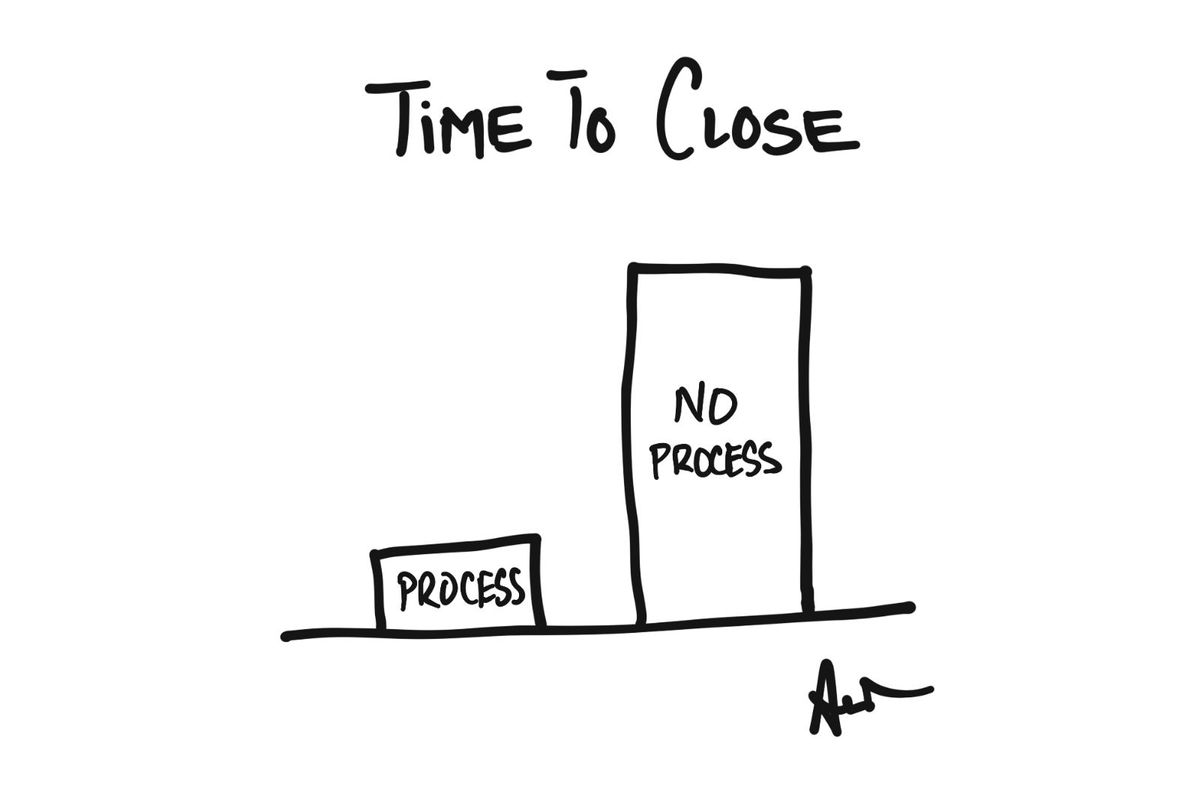Experiences Speakers Should Pay Attention to These 10 Advanced Principles
10 laws… no, better yet… 10 strategic commandments for elite speakers!
Ha! How’s that for a title? (Drewdini helped.)
Today, I want to dive into some advanced principles for more established speakers who want to maximize their revenue.
The key here is that if you’re an established speaker looking to ascend to the next plateau, you’ll need to pick some of these principles to set you apart and make you really great.
Again, the ideas here are deeply rooted in 15 years of speaking experience and my work with Michael Port on our book The Referable Speaker. (If you haven't read it yet, you can grab it here.)
These advanced strategies will transform your speaking business from “just successful” to ,“reliable, profitable… and best of all sustainable.”,
Hopefully, this will mark the transition from you just getting booked when luck strikes to actually engineering systems that will maximize your revenue, demand, and impact.
Buckle up!
Advanced Law #1:
Executive Audience Theorem
Once you realize that not all audiences are created equal when it comes to generating new business, you’ll start to focus your efforts on more strategic target events – those with a higher concentration of decision makers even when they might pay less.
Because, let’s face it…
The long term ROI from an executive-rich environment consistently outperforms other audience compositions, hands down.
For example, I’d rather speak at an executive summit with only a hundred people in the audience for free versus an audience of ten thousand practitioners for $10,000.
Sure, one gives you a bigger rush on the stage and a quicker paycheck, but the executive event gives you a LOT more long term revenue through stageside leads and referrals. You’ll learn a lot of repeat business from the leadership summit and get almost nothing from the practitioners.
It’s not because they didn’t enjoy it. It’s just that practitioners don’t have the money, connections, or power to hire you for other events.

Advanced Law #2:
The Process Profitability Law
Process leads to profit. How’s that for a simple one?
I’m a huge believer that creativity drives your performance, but I also believe that systems drive your profitability. In fact, that’s why I built my own speaker software called GiGs.
When you have a well-documented, repeatable process for everything – from lead qualification to post-event follow-up – it directly correlates with an increase in revenue and a decrease in stress.
The most successful speakers aren’t just performers and artists. They’re also architects of an efficient business system. That’s what sets them apart.

Advanced Law #3:
The Fee Parity Triangle
Three things make up the fee parity triangle: market demand, experience and perception.
You need all three of these to be in alignment in order to maintain fee parity. In other words, if your sides don’t match, you are not charging the right fee for your speech.
This pricing principle recognizes that it isn’t just one thing that determines the fee you charge. For instance, you could have the most amazing speech experience in the world, but if there’s no market demand for the topic, it’s still not worth much.
When one of these factors falls out of alignment, you’ll start to get resistance to your fees. People won't book. You’ll get undervalued in the marketplace, and it’s very frustrating.
If you can reconcile those three things and find what’s not working, you can consistently and strategically price-position your speech so that it reflects your true market value.
And you’ll get hired more!








